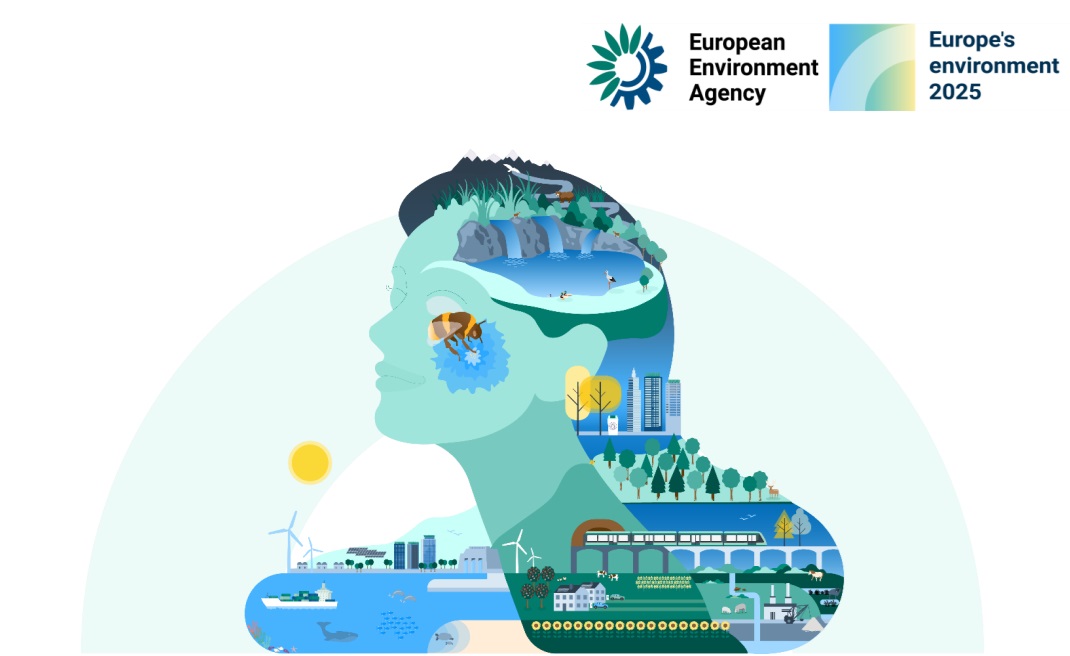The state of the environment in Europe is not good: there have been some improvements, especially in reducing greenhouse gas emissions and air pollution, but nature continues to suffer from degradation, exploitation, and biodiversity loss.
This is highlighted in the most comprehensive report to date, the 7th Environment Report for Europe 2025, published by the European Environment Agency (EEA) in collaboration with the EEA’s European Environment Information and Observation Network (Eionet).
The report provides insights into how to address the enormous and complex challenges ahead, such as climate change, biodiversity loss, and air and water pollution.
It is an analysis, published every five years, of the current situation and future prospects for the environment, climate, and sustainability in Europe, based on data from 38 countries.
According to the data, biodiversity is declining across all terrestrial, freshwater, and marine ecosystems in Europe due to persistent pressures from unsustainable production and consumption patterns. Biodiversity and ecosystem degradation in Europe is expected to continue, with agreed policy objectives unlikely to be met by 2030
Europe’s water resources are also under significant pressure, with water stress affecting one-third of the population and territory. To ensure future water access, it is essential to maintain healthy aquatic ecosystems, protect river basins, and restore groundwater resources.
The situation is no better in terms of climate change: Europe is the fastest-warming continent in the world. The climate is changing at an alarming rate, threatening security, public health, ecosystems, infrastructure, and the economy.
To address both past and future issues, efforts must be expanded and intensified.
For example, a transformative change is needed in production and consumption systems — that is, to decarbonize the economy, move toward circularity, reduce pollution, and manage natural resources responsibly. In this regard, EU policies — including the Green Deal — provide a clear pathway toward sustainability.
The report highlights efforts to restore habitats through nature-based solutions, which will help build resilience and support both climate mitigation and adaptation.
It is also necessary to decarbonize key economic sectors, such as transport, and tackle emissions from agriculture. Increasing circularity can reduce Europe’s dependence on imports of energy and critical raw materials.
Therefore, it is crucial to strengthen the implementation of long-term policies and actions already agreed under the European Green Deal. These actions align with the European Commission’s “competitiveness compass” priorities, focusing on innovation, decarbonization, and security.
There is also good news: according to the report, the European Union is a global leader in climate efforts, having reduced greenhouse gas emissions and fossil fuel use while doubling the share of renewable energy since 2005.
Good progress has also been made over the past 10–15 years in improving air quality, increasing waste recycling, and enhancing resource efficiency.

